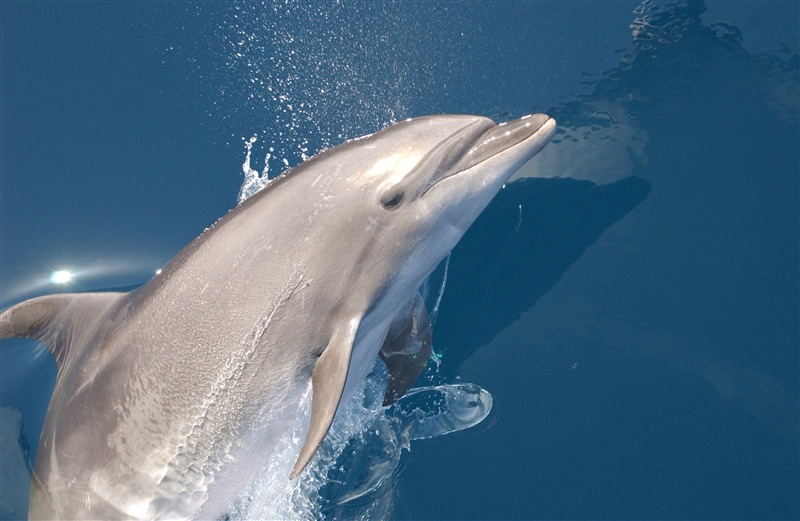
A new study has found that a majority of marine mammal stocks managed under U.S. jurisdiction in the western North Atlantic, Gulf of Mexico, and Caribbean Sea are very highly vulnerable or highly vulnerable to climate change.
A team of 41 subject matter experts used a trait-based assessment that combined the exposure and sensitivity of 108 marine mammal stocks to estimate vulnerability to climate change. “Exposure” refers to the projected change in environmental conditions across a stock’s geographic distribution; “sensitivity” refers to the stock’s ability to tolerate and adapt to changing conditions.
Based on these criteria, each stock was assigned a climate vulnerability score. They were indexed as very highly vulnerable (44% of stocks), highly vulnerable (29%), moderate (20%), or low (7%).
Some of the stocks most highly vulnerable to climate change are North Atlantic right whale, Rice’s whale, and several Gulf of Mexico bay, sound, and estuary stocks of common bottlenose dolphins. Stocks of oceanic dolphins, such as striped dolphins in the western North Atlantic, were found to be some of the least vulnerable populations assessed.
Experts predict that marine mammals will experience a high degree of climate-driven changes to their environments by mid-century. By identifying the stocks most vulnerable to climate change, researchers can help to identify those that should be prioritized for monitoring and advanced modeling to predict and detect changes in distribution, abundance, and phenology under changing climate conditions.
